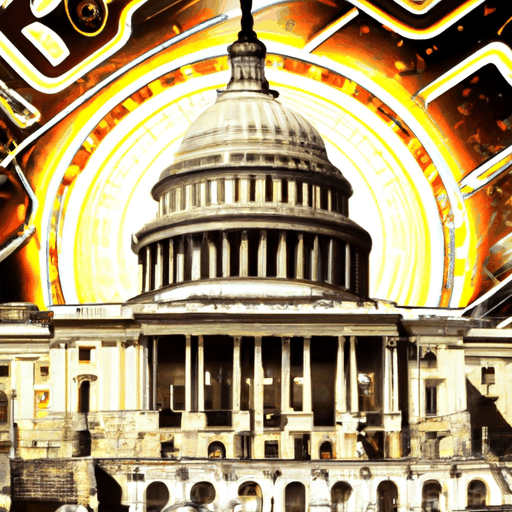
Trump's Strategic Crypto Moves: Executive Orders and Challenges Ahead
By: Eliza Bennet
In a significant policy shift, former President Donald Trump is reportedly gearing up a comprehensive plan to prioritize cryptocurrency by enacting five critical changes through an Executive Order. Aligning with this agenda, Trump's nominee for Treasury Secretary, Scott Bessent, has expressed skepticism about pursuing a U.S. central bank digital currency (CBDC), reflecting Trump's earlier stance.
According to sources, the Executive Order aims to designate cryptocurrency as a national priority, establish a dedicated crypto advisory council, and direct federal agencies to review existing digital asset policies. Key components include framing a national strategy through collaboration among different agencies, offering recommendations rather than constructing binding regulations as part of the administration's broader crypto policy.
Furthermore, Trump seeks to halt ongoing litigation against cryptocurrency companies, a move which could face substantial legal challenges due to the independent mandates of agencies like the SEC and CFTC. Legal experts argue that such interventions could conflict with foundational judicial principles, potentially leading to political and legal pushback.
Another bold initiative under the proposed directive is the creation of a national Bitcoin stockpile. This controversial idea might trigger congressional scrutiny, as existing frameworks dictate the auctioning or holding of assets for temporary purposes rather than for strategic national reserves. These potential actions indicate Trump's commitment to redefining America’s strategy in the growing digital currency market.
The feasibility of these proposed orders varies, with experts asserting that designating crypto as a priority and forming advisory councils align with executive authorities and bear promise without necessitating legislative deliberation. However, the directives addressing enforcement suspensions or establishing a Bitcoin reserve likely require more than executive power, demanding Congressional intervention.
The implications of these directives, scheduled for announcement as early as Jan. 20, could reshape federal interaction with the crypto industry profoundly. While these strategies may ease regulatory pathways, fostering innovation and coordination among market stakeholders, questions remain about their long-term regulatory impacts and potential congressional hurdles.



